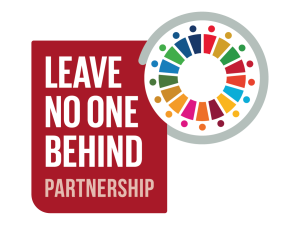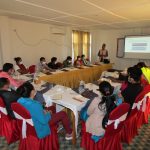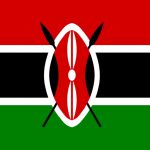The Leave No One Behind coalition in Nepal was founded in 2018. Since then, the country lead organisation is VSO Nepal.
Current members (June 2024) are:
- ActionAid Nepal
- ADRA Nepal
- Beyond Beijing Committee
- CARE Nepal
- CBM Nepal
- Islamic Relief Nepal
- Plan Nepal
- VSO Nepal (Lead)
- World Vision Nepal
- WWF Nepal
The country coalition has delivered a project pilot, focussing on young women and girls. Target SDG was SDG 5.
The scaled up project aimed to improve the quality of evidence from marginalised communities and implement pro-poor and citizen-responsive advocacy strategies. The project aimed to bring citizens’ voices to bear on the progress of SDG targets under specific national indicators using various participatory tools, including focus group discussions, multi-stakeholder dialogues, and various social accountability tools, including community scorecards.
Emphasis was placed on ensuring access for marginalised groups in evidence generation, advocacy, and other activities. The development of an online community indicator platform was planned to facilitate the collection of evidence and data for robust analysis and visualisation for advocacy. Finally, capacity building components were planned to improve data quality.
Evidence from the various processes was collected, analysed and validated for use in advocacy and ultimately shared in local, provincial, national and international fora to raise the voices of marginalised groups and influence Nepal’s policy development process.
The country coalition’s work has been recognised both locally and internationally, with findings cited in Nepal’s VNR 2020 and representation at global platforms such as the UN ESCAP Expert Dialogue and the UNSD Expert Dialogue.
Key achievements include:
– SDG tracking and toolkit development: The coalition worked with national partners to track progress on the SDGs, with a particular focus on marginalised groups. From this experience, they developed a toolkit to support civil society organisations (CSOs) in SDG monitoring, highlighting the importance of volunteering and youth engagement.
– Youth engagement in climate advocacy: Various events were organised to increase youth understanding of climate advocacy and data leadership. These events equipped youth with advocacy skills to engage with decision-makers and influence policy, including provincial and national youth caucuses.
– Knowledge Sharing and Resource Production: The coalition conducted events focusing on climate disaster resilience, the Community Scorecard and Citizen Generated Data (CGD) evidence for policy recommendations. They also published and disseminated the CGD toolkit to ministries, youth advocates and other relevant organisations.
– Representation at global platforms: The team represented and presented at various global platforms, amplifying their voice, and contributing to the global dialogue on the SDGs and related issues.
Direct beneficiaries of the project included representatives of youth-led civil society organisations, media volunteers, community volunteers and youth activists/advocates. Indirectly, we reached a further 818 people through the dissemination of the CGD toolkit.
Looking ahead, the coalition recognise the need for continued efforts to engage with target populations and government agencies. They plan to increase human resources and scale up activities, while fostering collaboration with key stakeholders.










 Our Target SDGS in Nepal
Our Target SDGS in Nepal





